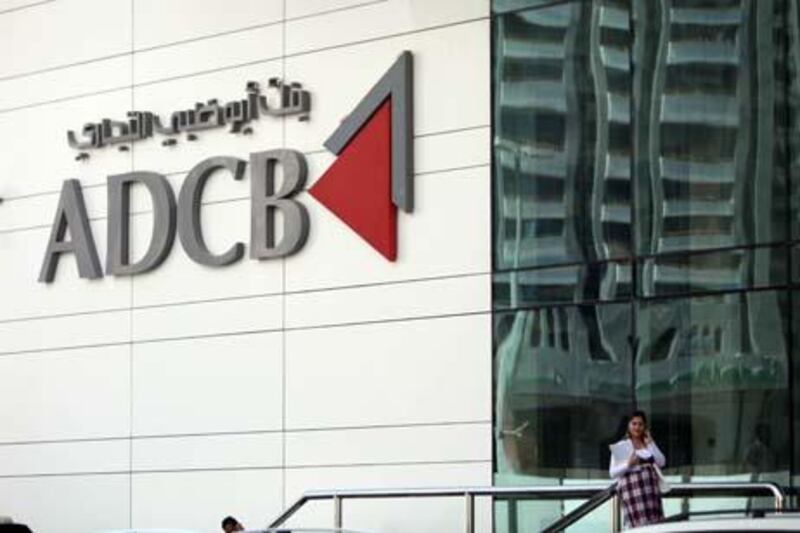Abu Dhabi Commercial Bank (ADCB) has sued Credit Suisse and Standard and Poor's (S&P) in New York, alleging that they gave false and misleading information about a complex investment vehicle the bank put money into three years ago.
The case is the second ADCB has filed against western financial institutions over investments made in SIVs, or structured investment vehicles. ADCB sued Morgan Stanley, S&P and Moody's Investors Service in 2008 over a investment in a SIV issued by Cheyne Finance. That case is ongoing.
The suit filed today in New York district court involves a SIV called Stanfield Victoria. ADCB said in a statement that it invested in the SIV in 2006 and 2007, but in 2007 was "induced to enter into an emergency restructuring" of the investment when it began to teeter on the brink of insolvency.
Credit Suisse, ADCB alleges, failed to disclose conflicts of interest and "other material information" related to the restructured investment, called Farmington. S&P, meanwhile, is alleged to have given "inaccurate investment-grade ratings" to assets underlying the SIV.
ADCB said it was also required to buy credit default swaps, a form of insurance against default, to protect Credit Suisse's exposures to Farmington. It was allegedly led to believe that investment was "relatively safe and carried minimal risk".
Credit Suisse, a Swiss investment bank, and S&P, one of the world's three big credit ratings agencies, could not be reached immediately for comment.
SIVs were complex financial instruments that grew popular during the global boom in credit markets that preceded the global financial crisis. They attempted to make money by selling short-term debt at low interest rates and using those funds to buy longer-dated securities that offered better returns. Many of them collapsed when the US subprime crisis led to major losses in their portfolios of mortgage-backed securities. No SIVs currently remain.
Ala'a Eriqat, the chief executive of ADCB, said in a statement: "Over the past eighteen months we have worked hard to refocus ADCB's strategy, and have made clear progress, as illustrated by our return to profit in the third quarter of 2010.
"We have also taken all steps necessary to recover the bank's exposures; this has included legal action. This latest action is brought with the aim of protecting the bank from potential losses.
"Whilst we don't anticipate a material impact on our earnings as a result of the disputed exposure, we believe, for the benefit of all our key stakeholders, it is appropriate to take action against parties who we believe misled ADCB."
The bank has already set aside cash to account for all potential losses stemming from the investment, the ADCB statement said.





